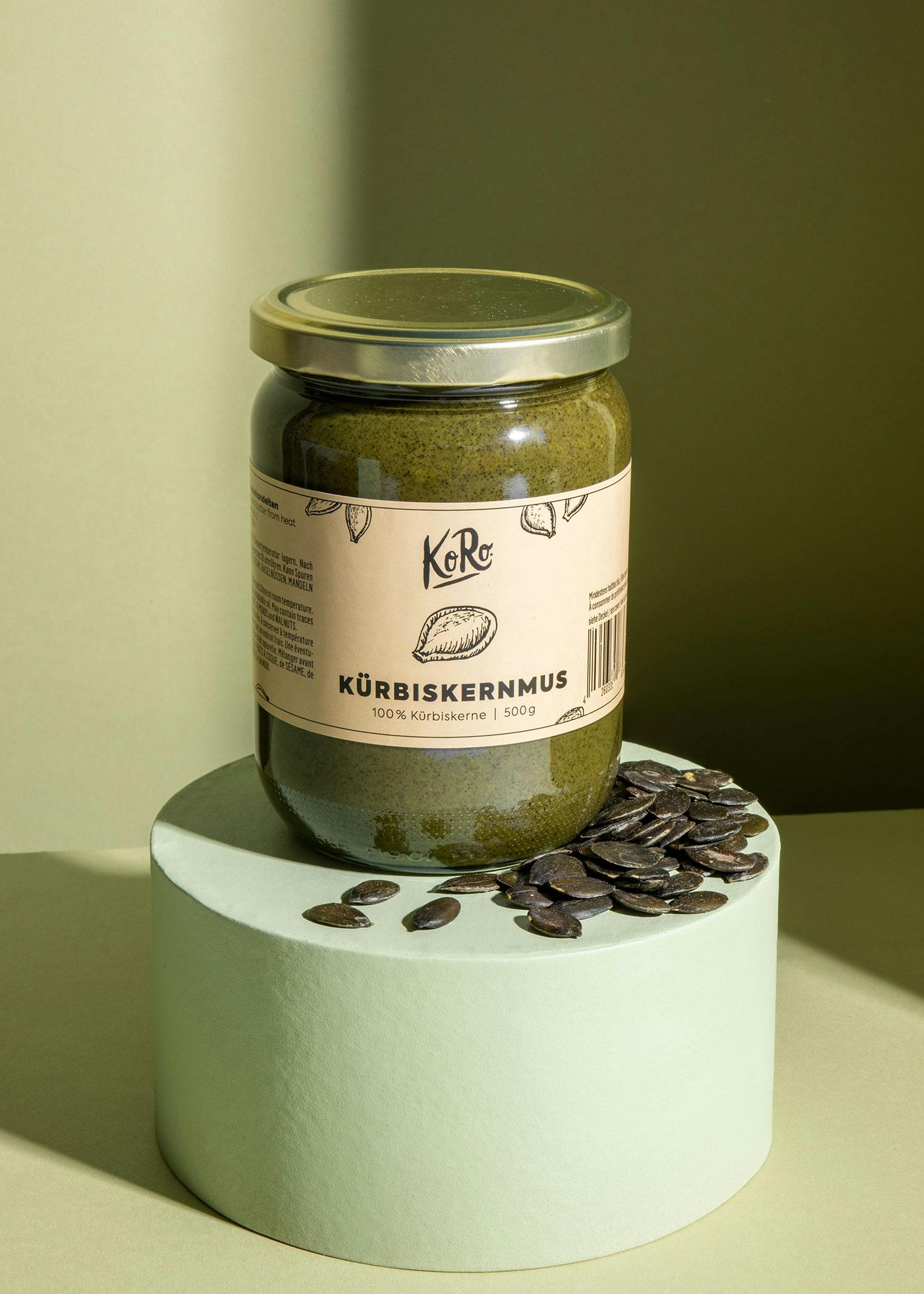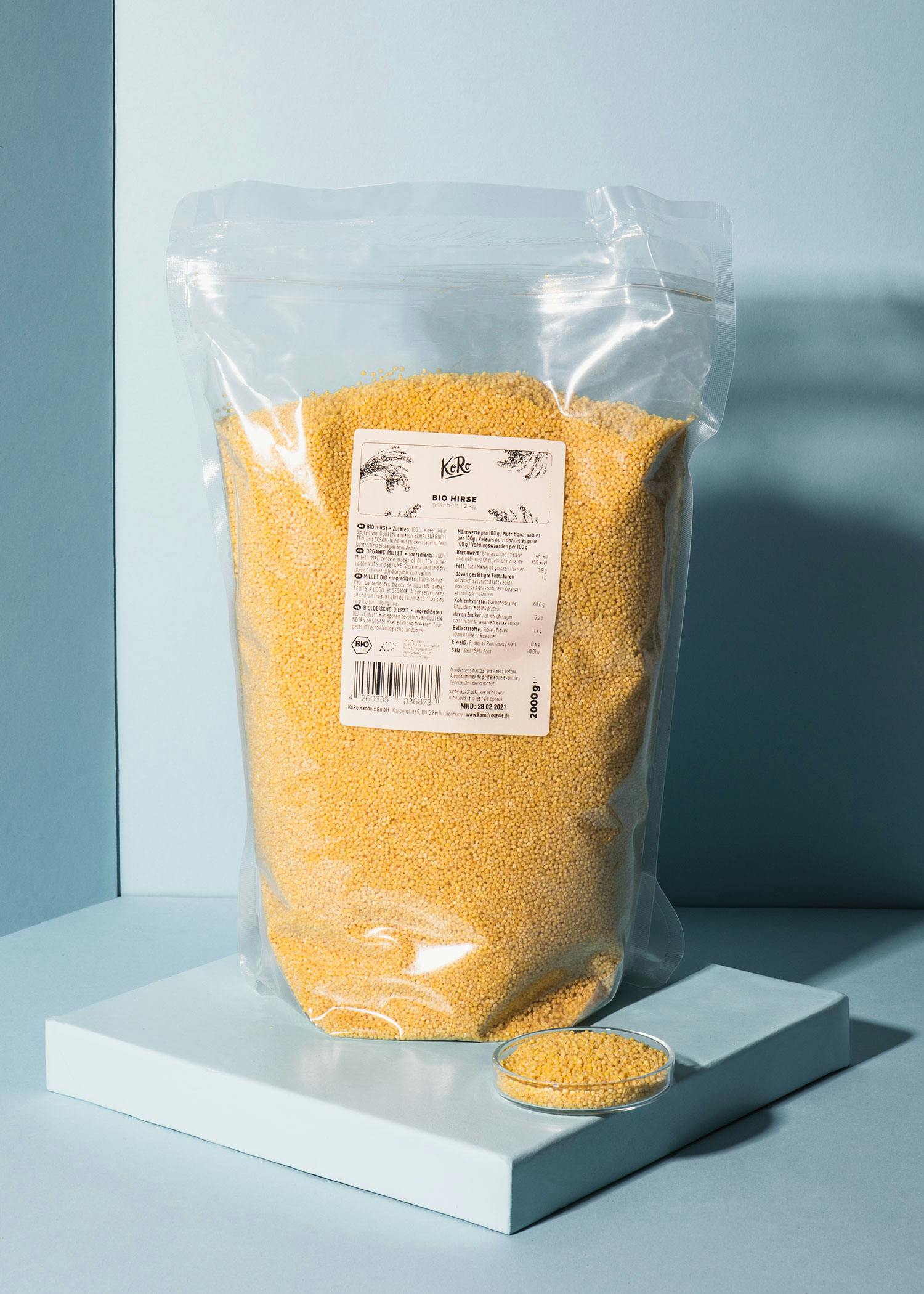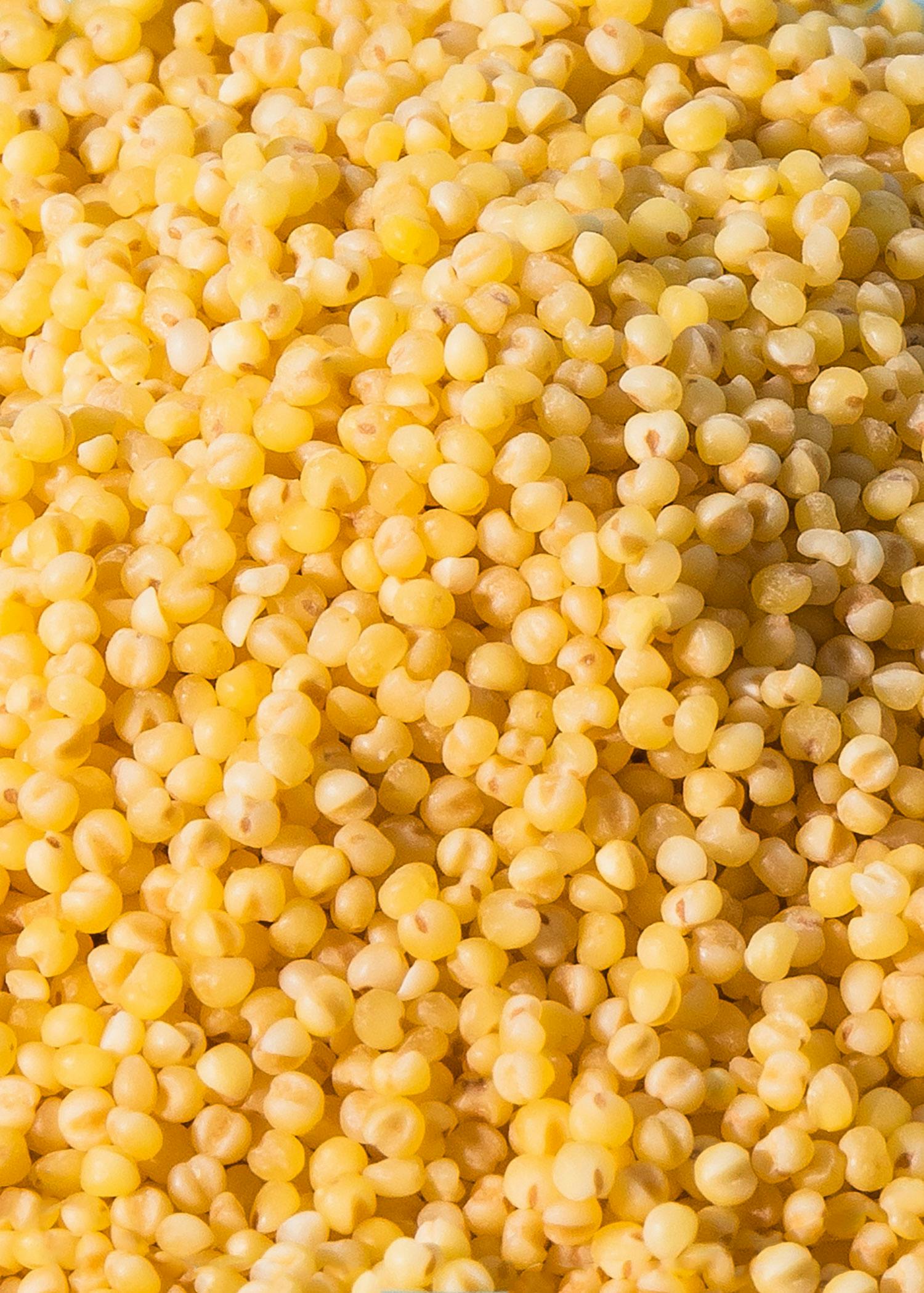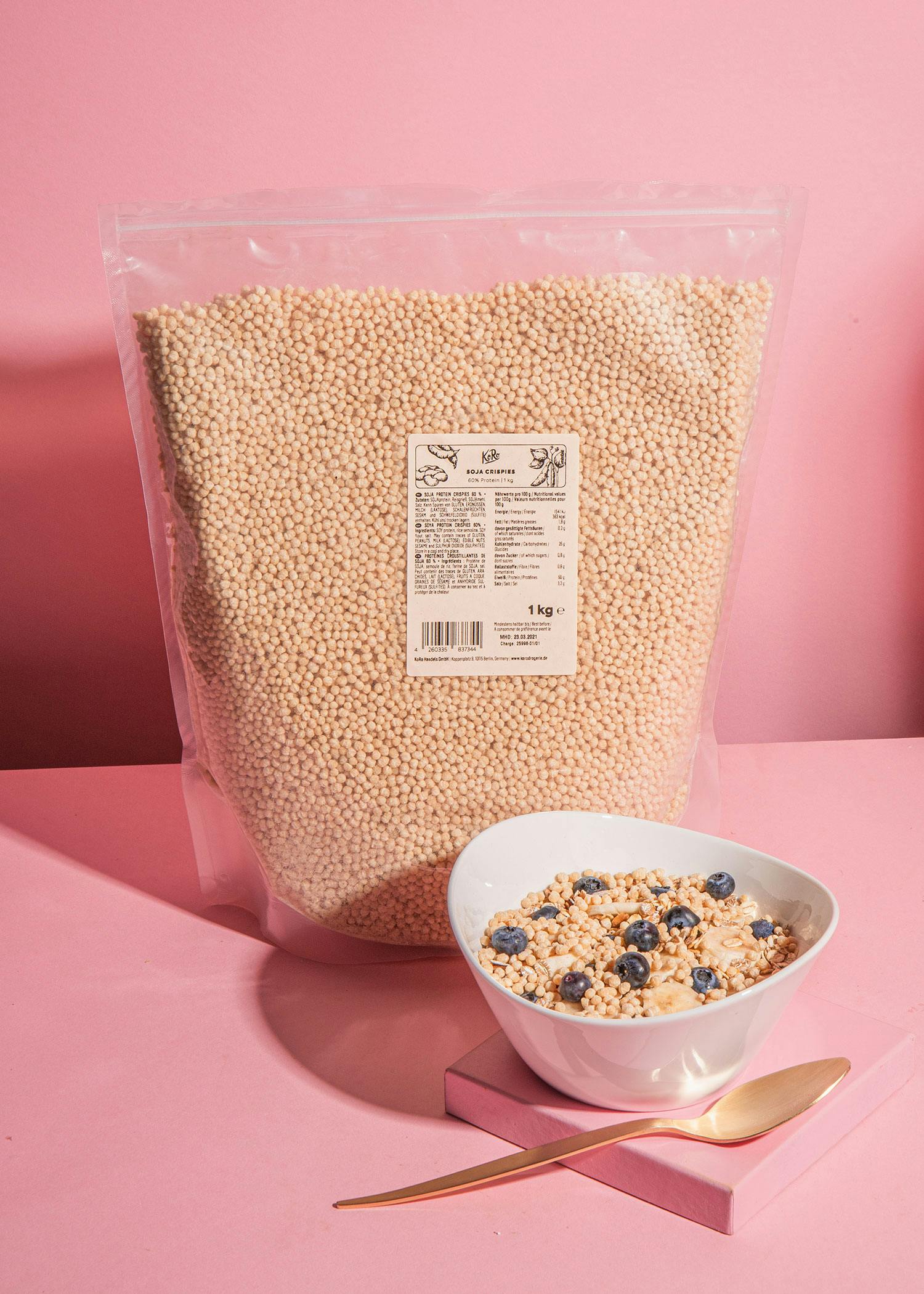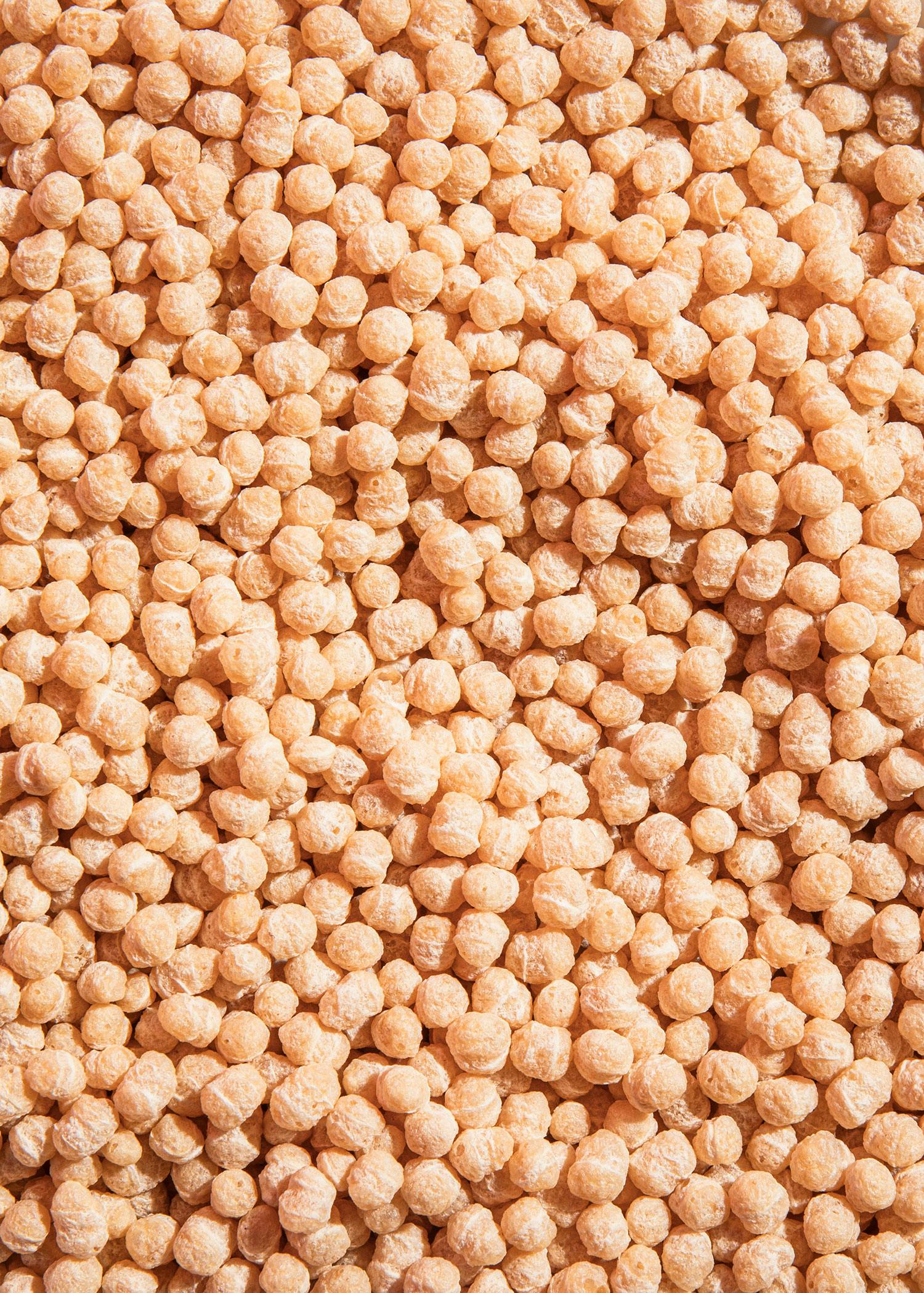What does meat-free mean?
A meat-free diet can be organized in different ways: Vegetarians eat neither fish nor meat and vegans also avoid products made from milk and eggs. There is also the group of pescetarians, who abstain from meat but eat fish instead. However, they usually all have one thing in common: conscious consumption and handling of food and an awareness of its origins.
Living happily without meat
"Sometimes you just need a juicy steak or a hearty Bolognese, you have to be full!" or "Meat is my vegetable!" are phrases that people who have cut meat out of their diet are often confronted with. But grilled vegetables and tofu sausages are not at all monotonous or boring! We think so: The cliché of vegetarians chewing lettuce leaves and sitting sadly in front of their empty plates could be sorted out. There is now a huge market for vegetarian and vegan food. Our range also consists of 99% vegetarian products, 60% of which are vegan. So take a look!
No meat - for the sake of the animals!
"But the animals are dying anyway!" - I'm sure many people have heard this argument. Yes, animals will probably always be slaughtered, because despite the increasing number of vegetarians and vegans, the majority of people still eat meat. However, if everyone were to limit their own meat consumption a little, we could all do our bit together to ensure that fewer animals have to live in factory farming. Good news: annual meat production in Germany has been falling since 2016.
A meat-free diet and sustainability
The environment also benefits from not eating meat. Because in order to meet the demand for meat, more and more land has to be farmed for animal feed, which also requires more and more water. And there will come a point when the demand for meat exceeds the supply of resources for its production. Hard to hear, but fact: meat production - especially cattle farming - is responsible for around 15 % of man-made greenhouse gas emissions. The massive use of fertilizers and pesticides destroys the cultivated soils and the draining of wetlands for the cultivation of animal feed contributes massively to the climate crisis.
Health aspects
Opinions are divided when it comes to the health benefits of a meat-free diet. Some hold on to the evolutionary purpose of meat, while others argue that vegetarians and vegans actually live healthier lives, as they often eat much more fruit and vegetables and unprocessed products such as whole grains. If you take a closer look at the essential nutrients in a meat-free diet, you can easily live a balanced life without any deficiency symptoms. It has also been proven that people who eat a vegetarian or vegan diet are less likely to suffer from lifestyle diseases such as diabetes or obesity. In any case, it is always important - no matter what ends up on your plate - to ensure a balanced and high-quality diet.
Plant-based sources of protein
The rumor that vegetarians and vegans do not consume enough protein is unfortunately still widespread and that is - with respect - bullshit. Even at breakfast, our soy protein crispies in muesli can help to cover your daily protein requirements. And our smoked organic tofu could be a great source of protein for lunch or dinner. Chickpeas, millet and our filling green pumpkin seed puree also help you to get enough protein.
Even if you ultimately decide not to eat meat or perhaps only have meat on your plate from time to time, it's never wrong to think about the origin and quality of your food.
